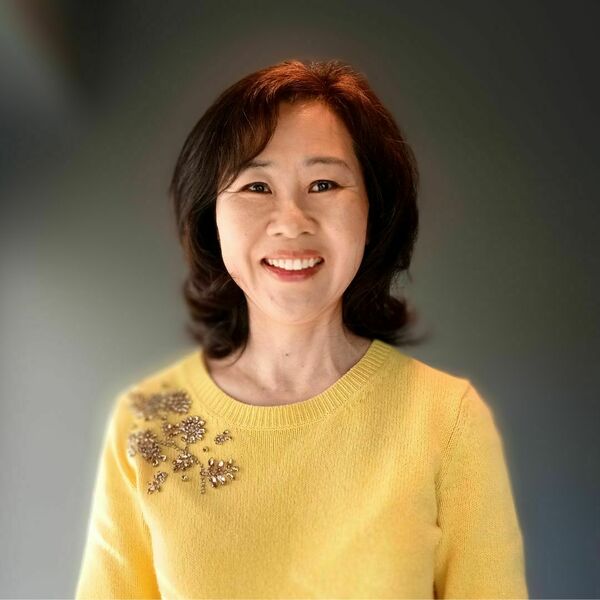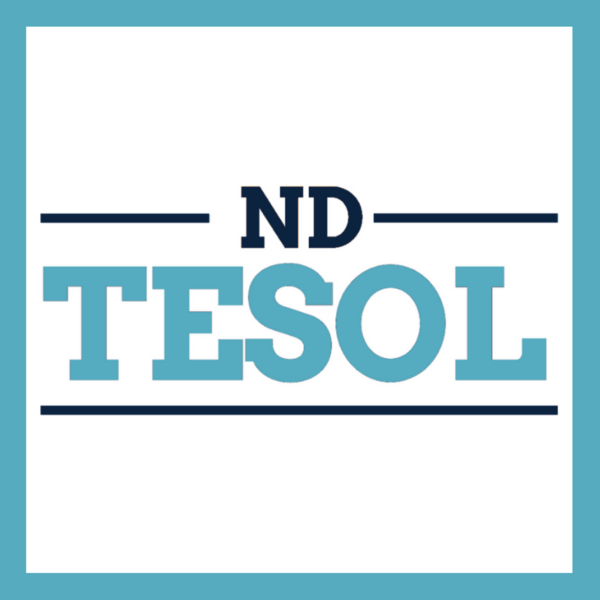Imagine any of the following: first, there’s an executive traveling from South Asia to an annual shareholder meeting, this year being held in Scandinavia. At the same time, a university student from South America is wrapping up their engineering internship in North Africa. Still elsewhere, a retiree in North America finds themselves wanting to fill their time volunteering and finds a position as a language tutor at their local community center. What language are all of these people using? If you guessed English, you’d have a decent chance of being right. The English language is, after all, a major lingua franca in today’s world–that is, a “bridge language” that two speakers of different languages can use to communicate with each other.
As our world becomes increasingly interconnected both physically and digitally, learning about the world’s cultures and honing one’s language skills is essential to be a productive and responsible global citizen. As we just imagined, a lot of this connection happens in English. In fact, English has now surpassed Mandarin Chinese as the most spoken language in the world. For English Language Learners (ELLs), they may find extrinsic motivation in the language’s status; achieving English proficiency can open new professional and academic doors. Others may seek to gain English fluency to better understand popular music and TV shows. Wanderlust-filled travelers may use English as their “go-to” language when traveling in regions with a lot of linguistic diversity. Whatever the reason, people from all across the world have chosen to devote their lives to studying the language for themselves and teaching the language to others. One of those individuals is Notre Dame’s own Dr. Eun-Young “Julia” Kim.

Originally hailing from South Korea, Julia became interested in English during high school. She fell in love with the sound and cadence of the language and was excited by the prospective opportunities she would have access to through English. Through her own journey as a language learner, she discovered a love of teaching the language, as well. Julia told us, "I feel most alive when I am in the classroom with students," and so her passion became her career path. Julia moved to the United States to attend university and follow her dream of becoming an English language teacher. Now, she holds a bachelor's, a master’s, and a doctoral degree in English. Throughout her own studies, Julia built up an extensive resume, including teaching English for Academic Purposes (EAP), mentoring future English teachers, and teaching English composition in South Korea. Directly before joining the CSLC team at Notre Dame, Julia had been teaching English and conducting Applied Linguistics research at Andrews University in Berrien Springs, Michigan for over 12 years.
In 2022, Julia joined our community as an Associate Teaching Professor and the Coordinator of the English for Academic Purposes (EAP) program at Notre Dame. We asked Julia what common misconceptions people may have about her job or how the EAP at ND is different from other places she has worked. Unlike some other higher education institutions, Notre Dame requires most international students to show that they’ve attained high scores on an English proficiency test like TOEFL or IELTS. So EAP at Notre Dame isn’t about learning the English Language–EAP students’ language proficiency is already very high. But as many of us well know, there’s always more to learn, even in a language we have mastered. The EAP program provides a variety of services for the international community at Notre Dame like courses in academic writing, academic presentations, and pronunciation skills. In this sense, “Academic English” is specifically the register of the language that we use in academia – at conference presentations and in publications – something that even many native speakers haven’t mastered. EAP courses focus on unlocking this part of the English language and honing the speaking and writing skills necessary to use it comfortably.
Julia teaches and plans many of these courses, but as EAP Coordinator, she also manages other EAP services like English language tutoring, EAP workshops, and partnering with community partners to facilitate English Conversation Tables. One of the challenges of coordinating these services is making sure that people know that they’re available. For instance, students can practice their English with tutors on Zoom each week, even if they aren’t enrolled in an EAP course. Through workshops, the EAP brings together experienced perspectives, not just to talk about the English language, but to explore the relationship between this language and American Academia. Workshop topics are curated based on students’ needs and integrate a lot of cultural knowledge like American classroom norms/expectations, navigating the advisor-student relationship, making small talk in English for networking purposes, and understanding idioms commonly used by people in North America.
In the last year, Julia has made a substantial effort to connect undergraduate students pursuing the TESOL (Teaching English to Speakers of Other Languages) minor with volunteer opportunities within the EAP so they can gain practical and applied experience before graduation. Students who have finished the majority of their TESOL coursework participate in EAP workshops and panels, volunteer for EAP tutoring sessions, and even lead their own 0-credit Spoken English Skills class for English Language Learners in the ND community.

Choosing TESOL as a minor is a respectful decision for a multitude of reasons, according to Julia. "The TESOL minor gives students an edge on landing a teaching career anywhere where there are English language learners, in the U.S. and overseas," she elaborates. Designed to give students a broad foundation of language teaching, TESOL students take linguistics courses including Second Language Acquisition and a Foreign Language Teaching Methods class. They also have a variety of electives to choose from that fundamentally relate to language teaching and learning, like Digital Literacy and Modern English Grammar. For students interested in applying for a Fulbright English Teaching Assistantship (ETA), having some of these courses and experience under their belts definitely strengthen their chances of being accepted.
Julia says the most rewarding aspect of her job is the relationships she builds with her students. She enjoys seeing EAP students become more confident in their English skills, as well as TESOL minors affirming their passion for teaching. She describes her students as "respectful, earnest, extremely intelligent, and appreciative.” Julia has also expressed that, as a devout Christian, the University of Notre Dame has served as a place where she can be enriched not only in her passion for teaching but also in her faith, praising it as "an institution that puts faith and God in the center.” Needless to say, she has found herself at home under the dome.
About the CSLC
The Center for the Study of Languages and Cultures (CSLC) aims to support language learners at ND by facilitating meaningful experiences with linguistic acquisition and exchange - both in our campus community and abroad. We believe that access to the world's languages and cultures allows us to seek out new perspectives, to value the diversity of the world's cultures, and to embody global citizenship.
Originally published by at cslc.nd.edu on September 04, 2023.